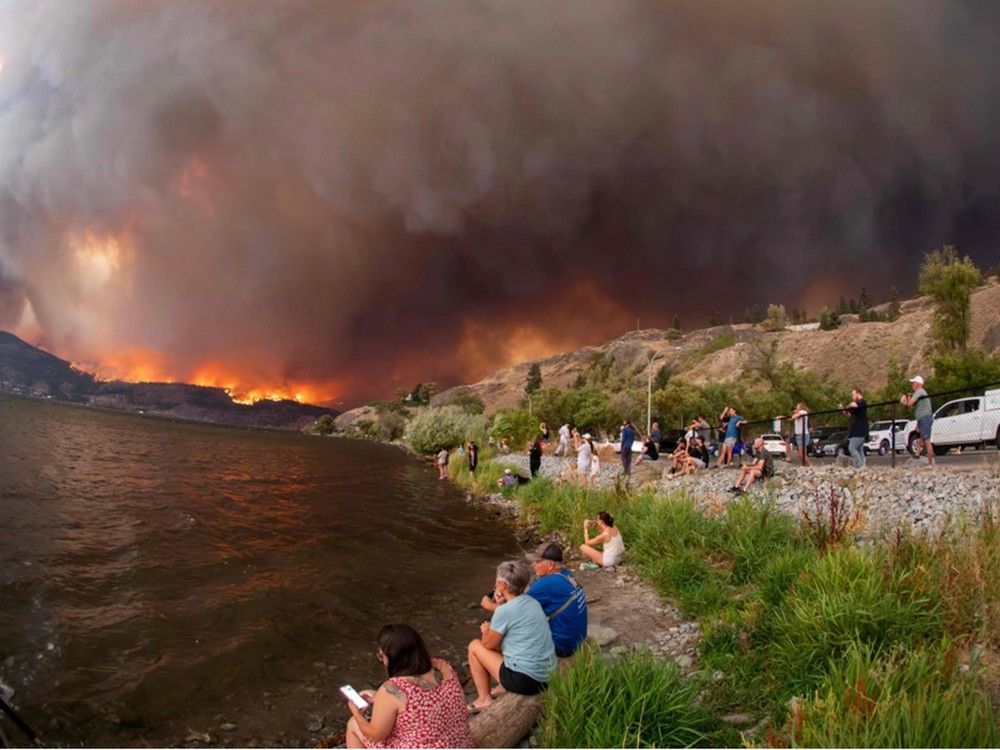UBC's $23-Million Hydrogen Energy Hub & Global Climate Crisis Update
Key Ideas
- UBC announces a new $23-million hydrogen energy research center, indicating a significant investment in alternative energy sources.
- B.C. is warned of an expected spike in wildfire risk due to a mild spring, emphasizing the ongoing climate crisis impact.
- NASA climate scientists highlight the urgency of reducing greenhouse gas emissions to combat climate change and avoid worst-case scenarios.
- Facts like Earth being 1.2 C warmer than in the 1800s and 2023 being the hottest year globally underscore the pressing need for climate action.
The University of British Columbia (UBC) has revealed plans to establish a new $23-million hydrogen energy research center, showcasing a substantial commitment to exploring alternative energy solutions. The focus on hydrogen energy aligns with global efforts to transition towards cleaner and more sustainable fuel sources.
In the context of the broader climate crisis, British Columbia is bracing for heightened wildfire risk following a mild spring that has mitigated previous blazes. This warning serves as a reminder of the ongoing impact of climate change on environmental conditions and the necessity for proactive measures to address these challenges.
NASA climate scientists emphasize the critical importance of immediate action to curb greenhouse gas emissions in order to combat climate change effectively. By ceasing emissions promptly, the trajectory of global temperature rise could potentially stabilize in the near future, offering hope for mitigating the long-term effects of environmental damage.
Providing key insights, it is noted that the Earth's current temperature is approximately 1.2 degrees Celsius higher than it was in the 1800s. Furthermore, 2023 marked the hottest year on record globally, surpassing the previous record set in 2016. With human activities significantly elevating atmospheric CO2 levels since 1850, the urgent need for sustainable practices and environmental stewardship is underlined in the face of accelerating climate change.
